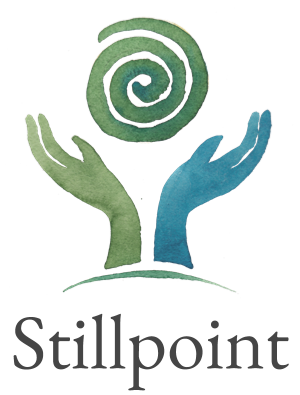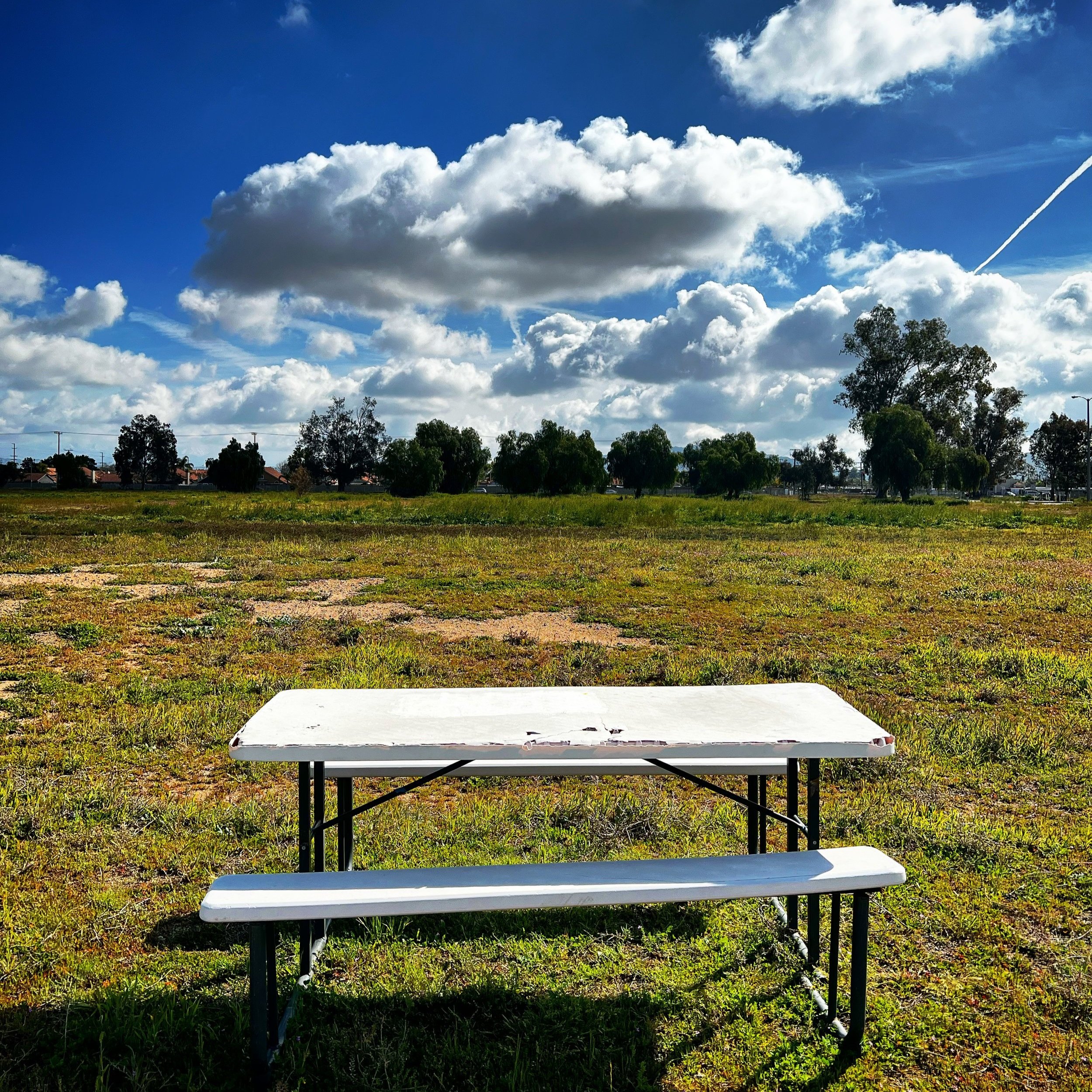Better Together
By Rick Sforza,
The Art of Spiritual Direction Faculty, Year 1
Photo by Rick Sforza
"I am of the opinion that my life belongs to the whole community and as long as I live, it is my privilege to do for it whatever I can. I want to be thoroughly used up when I die, for the harder I work the more I live."
-GEORGE BERNARD SHAW
With the presidential election days away, we’re at a precipice and the culmination of the deep political, religious, and social rhetoric dividing us. And regardless of the outcome, that divisiveness will linger and continue to pull us further apart.
As political, religious, and social landscapes continue to shift, our directees will bring all of it, especially an oppressive normative culture and all of the places that the system intersects, e.g., classism, homophobia, transphobia, sexism, and most profoundly, systemic racism. In all they bring to us our spiritual companions implicitly want to know we can hold space and provide a container to explore these oppressive conditions. Are we doing enough?
Stillpoint’s “The Art of Spiritual Direction” program intends to “form and train deeply grounded spiritual directors.” As faculty for ASD year one, I tell our interns that “there are many ways to be a spiritual director; we provide examples and practice sessions. Eventually, you’ll find a style and methods that may differ.” My fellow spiritual director, Stillpoint alum and staff member Elizabeth Morton, says, “Is what you’re doing (as a spiritual director) done on behalf of your directee?”
How deeply grounded are we in today’s societal conditions? How deeply grounded are we in understanding and addressing these societal issues? How comfortable are we in doing so? And from my perspective as a white spiritual director, how uncomfortable are we? Stillpoint, as an organization, has a responsibility to incorporate anti-racism and social justice into its programs and culture. And we’re doing that in ASD to prepare future spiritual directors to meet this need—a less white-centered spiritual experience. As a group of spiritual directors, we need to create a supportive and inclusive community where we can collectively learn from each other and address these issues.
“Sometimes breaking the rules is extending the rules.”
-MARY OLIVER
I’ve spoken with and listened to other spiritual directors who believe this work falls outside the purview of what a spiritual director is and does. I understand their perspective. I disagree. I’ve heard folks say, “We’re all God’s children,” or, “This is Spirit’s work to do.” At best (if best is even fair), that’s spiritual bypassing. At its worst, the complicit nature of the statement(s) supports systems of power, privilege, and oppression, effectively shutting down the conversation and denying the sacredness of BIPOC people and anyone else living on the margins of our society. I acknowledge that these conversations can be uncomfortable and challenging. I believe they are necessary for our growth and the well-being of our directees.
I understand that these conversations can be messy and charged with defensiveness and discomfort. They’re fraught with guilt and shame. But let's remember: These are also the situations where we have the most to gain in growth and learning. No one wants us to feel guilty. What’s wanted is for us to work to dismantle it.
As spiritual directors, we are responsible for holding space that enables our spiritual companions to address these issues. Unless we’ve done our work individually and collectively, it’s challenging to be present and hold space for our directees as they work on the same issues. Dr. Cindy S. Lee, Stillpoint staff, alum, and author of Our Unforming: De-Westernizing Spiritual Formation, says, “Race is part of every spiritual direction session, whether we know it or not.” Engaging with these issues can lead to deeper connections with our directees and a more profound understanding of their experiences. It’s easy (especially for white folks) to ignore, overlook, or simply refuse to work on the issue of race. Tim Wise, a lecturer, activist, and writer on the topic of race, says,
“The irony of American history is the tendency of good white Americans to presume racial innocence. Ignorance of how we are shaped racially is the first sign of privilege. In other words. It is a privilege to ignore the consequences of race in America.”
Anti-racism work for white people is perishable knowledge. Our work must be constant and consistent; otherwise, it will disappear from our view. When we do this work, we can develop courage and stamina for the necessary conversations and be present for our directees. We’re also building allyship with our Stillpoint BIPOC colleagues to be with them in the community.
In his book, How to be an Anti-Racist, Ibram X. Kendi says, “Like fighting an addiction, being an antiracist requires persistent self-awareness, constant self-criticism, and regular self-examination.”
“If you have come here to help me, you are wasting your time. But if you have come because your liberation is bound up with mine, then let us work together.”
-DR. LILLA WATSON
Stillpoint, as an organization, also bears responsibility for this work. We do have an anti-racism covenant, and it was organized and written with honest and sincere intent. It’d be easy to point a finger at the faceless entity of an organization. That would let us off the hook. We’re all Stillpoint—each one of us. We don’t need to change what we offer. Or perhaps we should. More conversations on social location, power and privilege, diversity, equity, inclusion, belonging, and anti-racism can become part of the “individual and collective opportunities for those seeking a more meaningful connection with Divine Mystery.”
Robert Frost said, "The only way out is through.” We need the courage and stamina to have these conversations and take on this work in community. Trust me, it’ll get uncomfortable, awkward, and messy. I’m convinced we can get through it together.
Rick
Rick Sforza is a spiritual director and graduate of Stillpoint's The Art of Spiritual Direction and graduate of Compassion-Based Soul Care: Internal Family Systems as a Model for Spiritual Companions. He worked as a photojournalist for 31 years. During that time, he discovered deeply listening to a subject would help put them at ease and yield better photos supporting his driving philosophy of photography, "every person, place, and thing will reveal the essence of who they are in a single moment." Rick spent 24 years as a military photographer, where he was the mental health coordinator for Airmen returning from the wars in Iraq and Afghanistan. Here, he realized the potential for healing by listening to those searching for a connection with the divine. He is actively involved with Stillpoint alum Suzanne Edwards-Acton's online affinity group "My Work To Do." The group is designed to "help white people build stamina for discussing racism, systemic injustice, racial healing, reconciliation, and justice in their everyday lives." He practices yoga, and photography, enjoys nature, a good road trip, and plays guitar… "rather badly."


